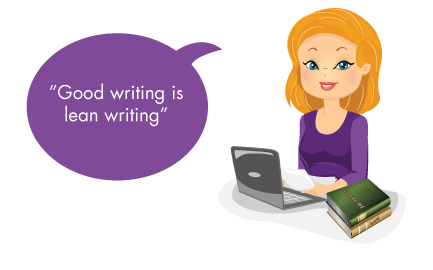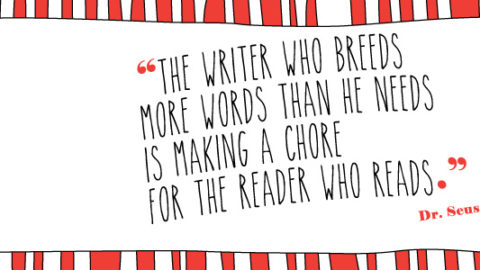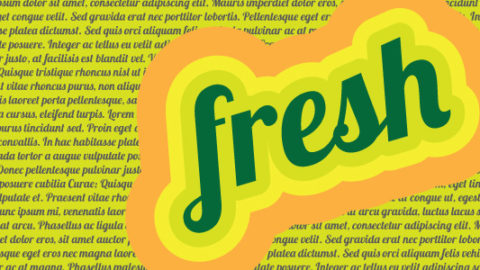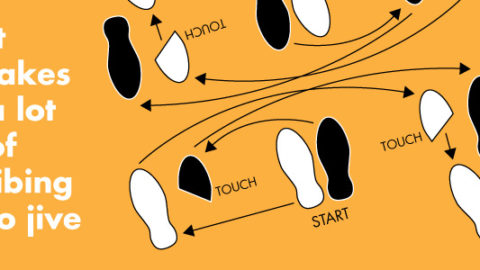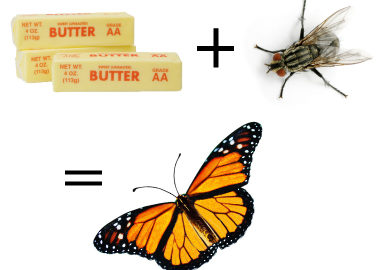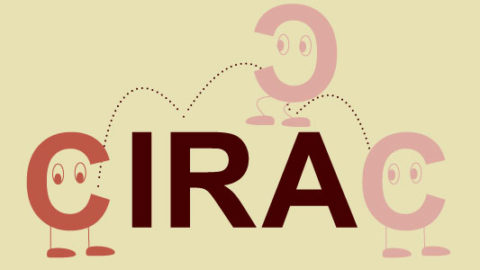Eliminating verbiage is so essential to writing effectively, the task warrants further attention. Legal writing guru Bryan Garner is fond of quoting the late Judge David Bazelon of the U.S. Court of Appeals for the District of Columbia Circuit on…
Legal Writing Tip: Get Active in Your Editing; Eliminate Passive Voice
One of my chief editing tips is to read your document repeatedly, each time scanning for only one thing – excessive commas, unnecessary capitalization, throat-clearing, etc. The first scan should probably be devoted to eliminating passive voice. Passive voice: The ball was thrown by Cathy. Active voice:…
Legal Writing Tip: Using a Second Pair Eyes to Proof Your Work
I’ve long recommended that lawyers get a second pair of eyes on important documents, either a professional editor or a trusted colleague. Ideally, within the bounds of attorney-client privilege, the editor should know little about the subject matter so as…
Legal Writing Tip: Boost the Drama; Keep Sentences Short
To boost drama or emotion in briefs, client letters and other writing, pepper your narrative with short sentences. Easy to read, short sentences focus readers’ attention, helping them retain information. Part style, part literary technique, short sentences control your reader’s…
Legal Writing Tip: Keep Your Writing Fresh; Ditch Lazy Words
We all have words and phrases we use repeatedly. Sometimes, they’re good – specifically and as a result are two of my regulars. But others are crutch phrases or lazy words that dilute the power of writing. While you might…
Legal Writing Tip: Get Moving on The Plain English Movement
The Plain English movement is now several decades old. But as a professional editor, I’m still astonished at the wordy and legalese-laden documents out there. Whether you’re bumping up against page limits or just want your document to be more…
Legal Writing Tip: All Too Common Usage Mistakes, Part II
As promised in a previous column, here are more commonly misused words. Jive vs. Jibe Jive means to tease or to dance the jive. Jibe means to agree or be in accord. Disinterested vs. Uninterested Disinterested means impartial, having no…
Legal Writing Tip: The Three Types of Compound Words
Compound words are two or more words that function as a single unit of meaning. Their rules can be complicated and hard to remember. For example, is it book store or bookstore? There are three types of compound words. Closed…
Legal Writing Tip: Begin with Your Conclusion
In law school, the IRAC formula was drilled into our brains. As a result, most legal briefs are structured using the Issue, Rule, Analysis and Conclusion format. Let me suggest an alternative. Banish timidity and make your demands at the…
Legal Writing Tip: Usage Guideline for Quotations
Quotation marks set off quoted or spoken language. Here are some usage guidelines: Periods and commas go inside quotation marks, including single quotation marks. She said, “Bill said, ‘I don’t think we should see each other anymore.’” Colons, semicolons and…
Legal Writing Tip: All Too Common Usage Mistakes
Watching Magic Johnson’s famous press conference, I was stunned that no one vetted his remarks before he announced he’d “attained” the HIV virus. To attain refers to something you achieve – he’d meant contracted or acquired. Around that same time,…

